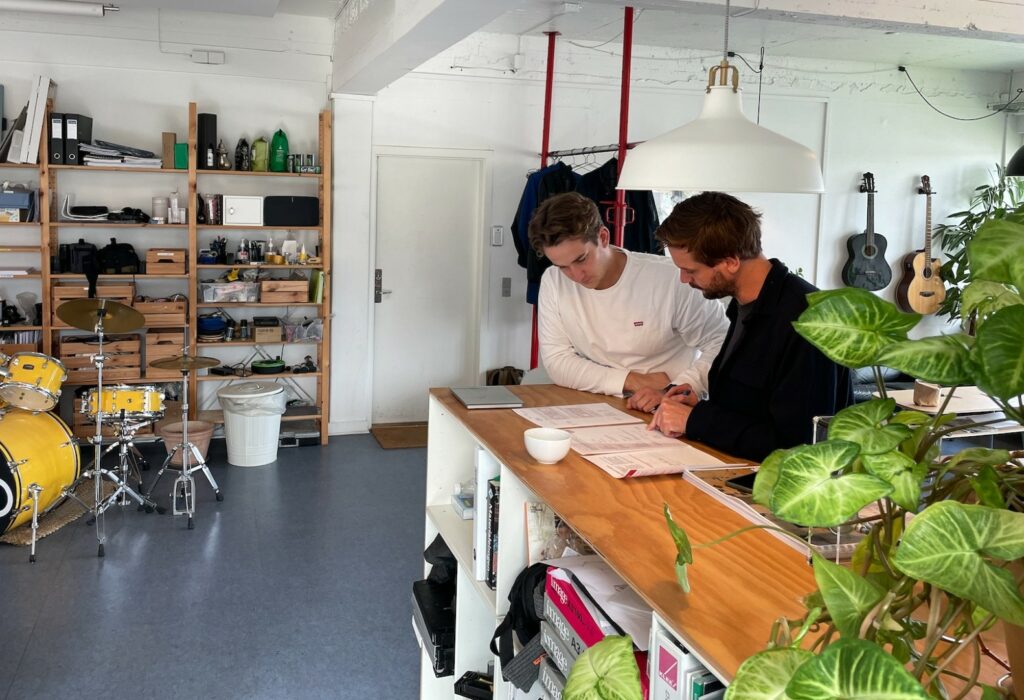An employee asking for a 32-hour work week doesn’t mean, they aren’t dedicated to your mission anymore. On the contrary; in our experience, this presents some clear benefits.
When we were about to hire our first employee a decade ago, he suggested a 32-hour contract instead of the usual 37 hours, as he wanted to spend more time with his newborn.
At first, we were a little hesitant. Did this mean, he wasn’t too engaged in our company after all, and how could we make it work in practice?
However, we decided to give it a shot and try to turn it into a good thing. Turns out: Having sufficient time to care for your private life and reload your batteries also reflects back on the attention and care you bring into the office space.
Work and life
Several people in our team have adopted a 32-hour work week since our first experiment. This translates into shorter days in the office – typically 9-15 – and today we even try to do it among the partners as well.
We don’t expect people to put in extra hours. As long as they are dedicated 32 hours a week – and they really, really are – we can still build extraordinary things. In fact, we see this attention to balancing work and family time as a token of their dedication to our mission.
In a creative industry like ours, the output isn’t directly proportional to the input. Inventing takes sufficient bandwidth and ideas need time to incubate. We would rather have people in our team, who have the priorities and self-insight to do this properly 32 hours a week while maintaining a healthy family life than forcing them to put in 50 inefficient hours every week.

